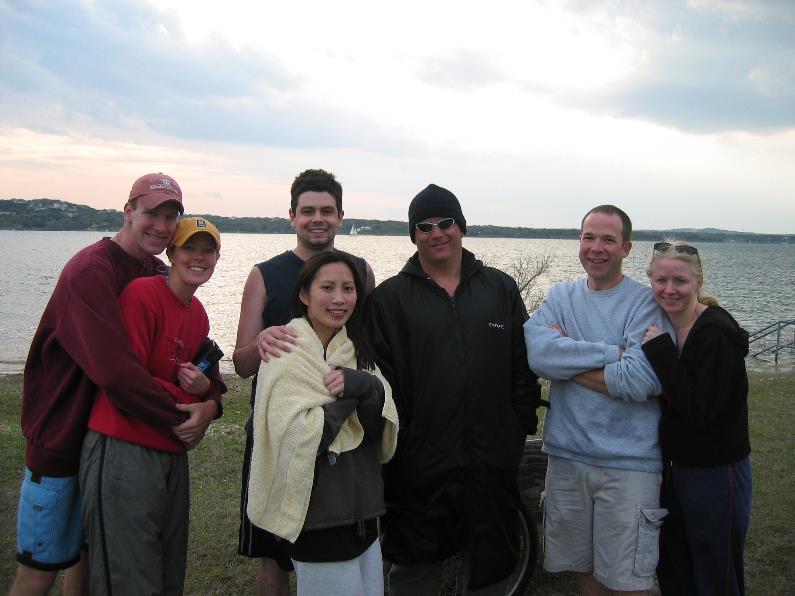
Teaching Kids About Money: Part 3
If you missed our first two posts in this series, be sure to check out Part 1 and Part 2! Today we’ll be discussing financial skills you want your kids to have when they leave your home at 18…or 22…or 28…or someday.
Our kids aren’t teenagers yet, but I’ve heard it isn’t always a delightful time of kids willingly seeking out their parents’ wisdom on adult life. Sigh. Your teenagers will not likely come to you and initiate a conversation about healthy finances. It will be up to you. If you’ve had some conversations and systems in place throughout their childhood, it will be easier to build on. But even if you haven’t, these points below will help you launch them into healthy money habits.
Budget
All kids will need to know how to balance a budget. Gone are the days of the paper checkbook ledger that likely taught you this skill, where you could see how much money was available after each transaction. It’s quite possible your kids will never write a check in their lives. So you probably don’t want to lead with this system, unless purely for nostalgia’s sake.
First, you’ll want to make sure your kids have a checking account in their names. This account should be for spending money, not their savings account we discussed last time. Pro tip: it’s nice to have this at the same bank as your account so you can easily transfer money to them if needed. Also, if they are moving to a different city, make sure the bank has convenient branch locations and ATMs.
Get your kids started on a budget with their spending money while they are still in your home. They should have things they are required to pay for, whether it’s eating out with friends, hobbies, clothing, or gas. Saving and giving should be a part of their budget.
With the world being digitized and not a cash and check system any longer, you’ll need to be really intentional on teaching your teens to track their spending in their account. We can all agree it’s harder to feel like you’re burning through money when it’s a quick debit swipe here and there. Your kids will need to mentally and perhaps visually connect their spending to their account balance decreasing.
We suggest an online program like mint or ynab (you need a budget) for kids to manage their spending. (Great for you too!) These programs are extremely helpful as they allow you to quickly categorize purchases into a budget you’ve set. It will automatically remind you when bills are to be paid, when you’ve overspent or are about to overspend in a category, and remind you of your goals for your money. The earlier they get comfortable managing this, the better.
And the best financial advice of all time is still: Spend less than you make. There’s no other way around it. No budget will work if you’re not adhering to this. Kids should thoroughly value this concept, understand the consequences of overspending, and be aware of the snowball effect with overdraft fees and debt. Which brings us to our next point.
To Credit or Not to Credit
Although some financial gurus advise against credit cards in any scenario, I think they’re a good idea if used responsibly.
Credit cards are beneficial to, well, building credit. Not only is your credit file referenced when you want to borrow money, it is often checked when you rent an apartment, setup utilities, or even get a job. People often get better car insurance rates if they have good credit as well. The earlier they can responsibly build their credit history, the better off they’ll be.
That said, credit cards should ALWAYS be viewed as convenience cards, not as a way to spend now and pay later. Your kids should understand the credit card is just a tool to conveniently pay for items and bills, just like a debit card. And they should never use it to pay for things they don’t already have cash for in their checking account.
Make sure your kids understand that if they use a credit card and pay less than the full balance on their next bill, they are essentially taking out a loan for those purchases. And credit card loans have the highest interest, maybe as high as 30%. You would never intentionally get a loan with an interest rate like that!
The only way to responsibly have a credit card is to pay it off in full every month. You’ll never get ahead otherwise. Your kids need to know this and be committed to it. If they have wants or needs their current income doesn’t cover, then they need to increase income. This is where work ethic, prioritizing spending, and appropriate money motivation skills you’ve built can be applied.
Looking Ahead
When your kids get a job with benefits, you’ll want to help them understand those benefits. They should strive to max out their workplace 401(k) or other tax deferred accounts and ultimately save 15-20% of their gross income for retirement. Also, they should make good use of their employer’s insurance benefits (health, disability, life, etc.) These benefits are part of the compensation package, but are often overlooked by employees. Early investing of their retirement savings will help them in the long-run as well. Start by using low-expense, well-diversified index funds.
It’s easy for kids to get carried away as soon as they start seeing paychecks coming in. And in our culture of abundance and instant gratification, it’s more glamorous to spend. As parents, you’ll want to continually remind your kids the importance (and hidden glamour!) of saving for the future and not overspending. Managing and successfully controlling their own money should be your teens’ goals.
This series on kids has been fun and we hope it’s been helpful for your family! If you have specific topics you want us to write about, or you just want to ask questions specific to your situation, reach out to us!
Enjoy your Thanksgiving break with loved ones!


